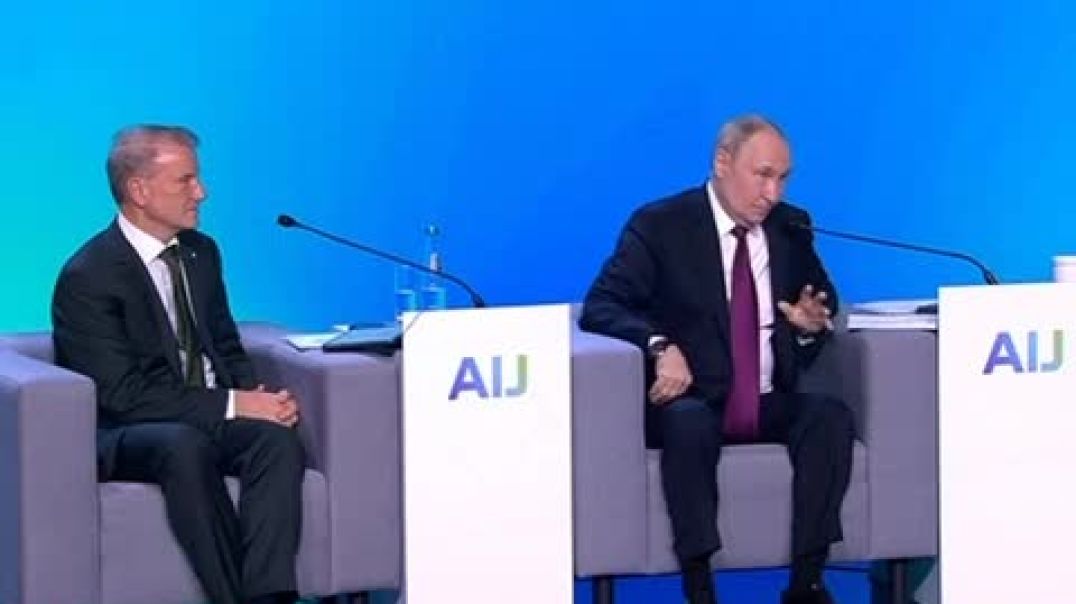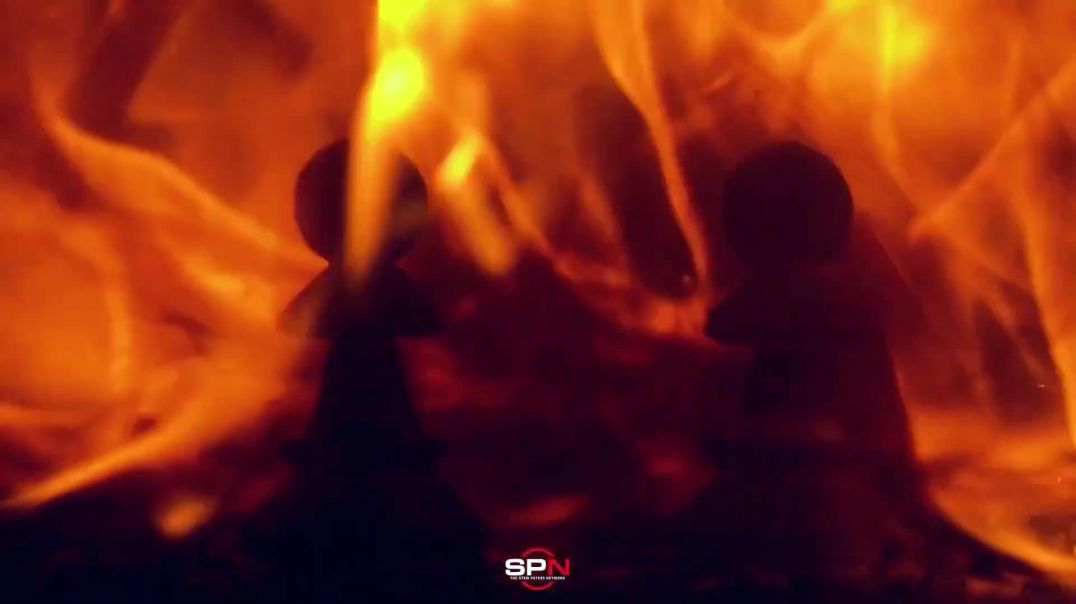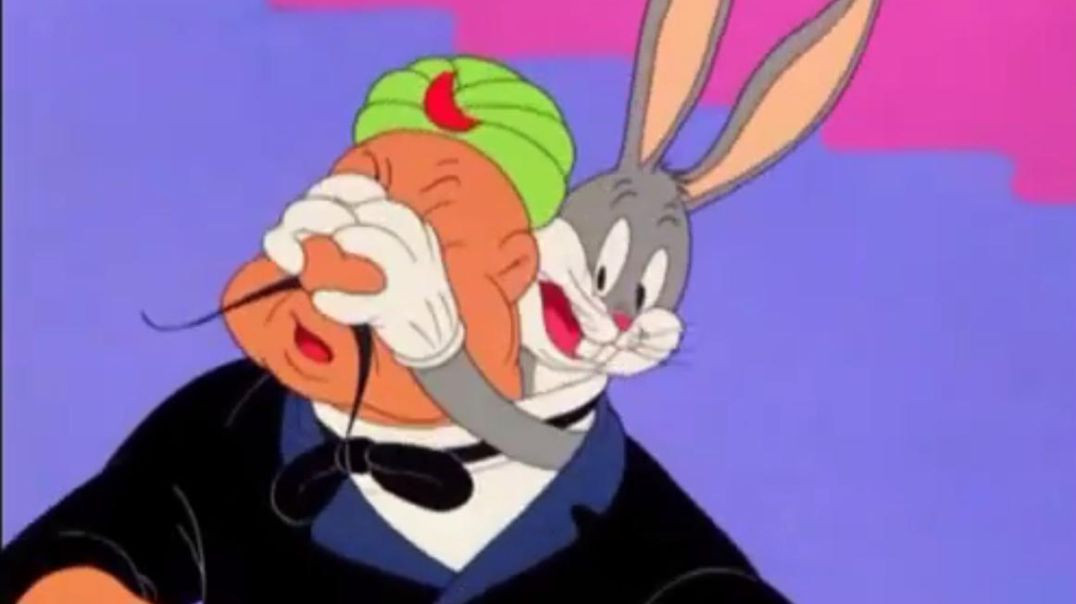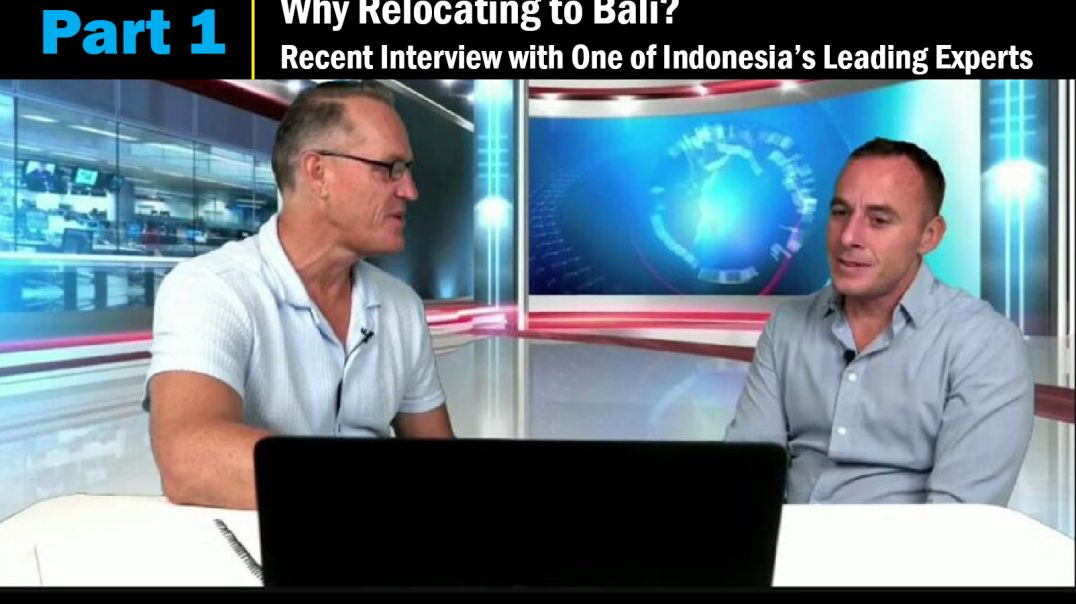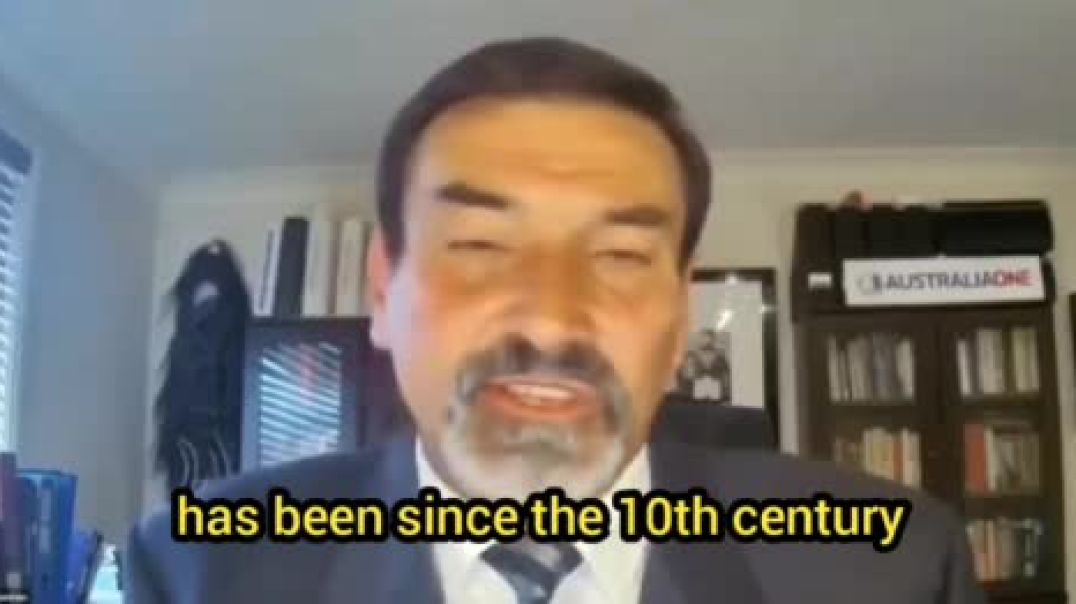Please donate now to help fund our work
- Film & Animation
- Music
- Pets & Animals
- Sports
- Travel & Events
- Gaming
- People & Blogs
- Comedy
- Entertainment
- News & Politics
- How-to & Style
- Non-profits & Activism
- McIntyre Report
- Jamie McIntyre uncensored
- RAW Report
- Candace Owens
- Steve Kirsch
- Tucker
- Bongino
- Elon musks
- Alan Jones Australia
- RT News
- Wayne Crouch Show
- Other
The Leo Frank Case - 1913 Part 3 Chapters 17 Till The End Of The Book
Judge Roan announced at noon on Wednesday that he would reverse his decision and strike Conley's testimony regarding perversion and his prior acts of watching for Frank from the records. After making a motion to have the audience leave the courtroom, Attorney Arnold asked the judge to declare a mistrial after Judge Roan refused to do so. Following Dalton's departure from the stand and Dr. F.H. Harris finished testifying on Thursday morning, the state prosecution took a break. The defense presented their case right away, with Dr. Leroy Childs claiming that many of Dr. Harris' deductions were merely educated guesses. The defense called back Pinkerton detective Harry Scott on Thursday in an effort to prove that Conley had received training before giving his police statements.
Daisy Hopkins refuted Dalton and James Conley's claims that she ever went to the pencil factory with an immoral intent on Friday, the eighth day of the trial. On this day, the defense presented a cardboard replica of the pencil factory, which was used throughout the remainder of the trial to illustrate witness testimony. George Epps' testimony was contested by W.M. Matthews, and W.T. Hollis, the driver and conductor of the vehicle that the girl used to travel into town. Additionally, civil engineer Albert Kaufman introduced blueprints for each floor of the Pencil factory.
Crowds gathered outside the courthouse became louder and more agitated during the fourth week of the trial, heightening tension throughout the city. Leo M. Frank, who was the most composed person directly involved in the case, maintained a constant demeanor and expression. The pressure didn't bother his mother or wife either. In order to console B'nai B'rith President Moses Frank, the defendant's millionaire uncle, Rabbi David Marx of the Atlanta synagogue postponed a trip to Europe. The way the young man's friends stood by him in his hour of need was the most amazing aspect of the entire Frank case. The references to the defendant and the arguments made to the jury that brought about the famous trial's conclusion are the most crucial details in this incident. Four eminent attorneys, including Luther Z. Rosser, made these references. Reuben R. Arnold, and solicitor Dorsey. The four top lawyers argued that Frank was a mental powerhouse with a brain that, when directed in the right direction, was capable of great things. Frank had more intelligence than either of them, according to Luther Z. Rosser, and his account smacked of veracity.
Although the defendant was not perfect, according to criminal Attorney Reuben R. Arnold, he was a moral gentleman. The state has based its case on Conley's statement, and as such, it stands or falls with it. This is one of the text's most crucial details. Hugh M. Dorsey, the solicitor, disagrees with the unprotected, underprivileged, working girls who accuse him of having a bad character. He thinks that the only thing this man has is a reputation, and no other qualities. He merely possesses a reputation; he lacks character. To preserve his reputation, he strangled Mary Phagan; her blood is visible on his hands. Frank A. Hooper asserted that the defendant, like Dr. Jekyll, abandoned his façade of respectability and descended to a lower social level, where he chose to associate with Dalton and people of a similar disposition rather than the men who had come to endow him with a good reputation. The factory was a great place for a man with lust and no morals, and a crime was planned. Attorney Dorsey argued that on the Saturday before the murder, Frank was riding the Hapeville Line with a young girl, and he made several attempts to get her out of the car. One of the factory workers, Miss Emily Mayfield, refuted this testimony, saying she had never witnessed the superintendent act inappropriately toward the female workers.
At noon on Saturday, the second week of the trial came to a close with Herbert Schiff, the assistant in Frank Young's office, testifying. Schiff asserted that it was Frank's habit to prepare the financial statement every Saturday afternoon and that it was impossible for the task to be finished in less time than two to three hours. The most significant information in this text is that Dr. Willis Westmoreland, a former State Board of Health president, and Dr. T.H. Hancock, Doctor J.C. Olmstead and Dr. George Bachman stated that it was only a guess on the part of any doctor to try to determine the time of death based on the state of the food in a corpse's stomach.
On August 11, the defense once more attacked Dr. Harris' testimony, and they called several witnesses who swore they would not believe C.B. Dalton. To connect the time alibi to the stenographer and bookkeeper for Montauk Brothers, Miss Hattie Hall, was contacted. She described how she had met Frank at Montague Brothers the morning of the murder and that he had asked her to come to the factory and steno for him. According to Miss Hall's testimony, she stayed at the factory until two or three minutes after twelve and timed her departure to coincide with the blowing of the 12:00 whistle.
According to Joel Hunter, a highly qualified accountant and mathematician, Frank could not have finished the financial report in much less than 3 hours, and there was additional small-scale work on the office account books that would take him anywhere between 30 minutes and 2 hours longer. The defense team for the accused superintendent defied the state's request to call witnesses who would cast doubt on his character on Wednesday, the fifteenth day of the trial. His character was outstanding, according to two former Cornell Nell of New York classmates who traveled to Atlanta only to give testimony. Several college professors and Frank's former classmates traveled far south to be by his side during his time of need.
The defense tried to introduce evidence of four men who acted out Conley's story of carrying the body to the basement, but solicitor Dorsey and attorney Hooper vehemently objected. These are the most crucial details in this text. After detailing the other alleged behaviors of Conley and Frank on the day of the murder, Dr. William Owens described how three other men had carried a sack weighing 110 pounds, the same as Mary Phagan's body, into the basement. During cross-examination, Attorney Hooper made an effort to downplay the importance of the experiment and produced a letter he had written to the grand jury in advance of the trial requesting that Conley be charged as an accessory. When John Ashley Jones took the witness stand and spoke about Frank's moral character, the state launched its first assault on the superintendent's reputation.
Dorsey was quickly on his feet and asking one question after another when the witness was handed over for cross examination. In her seat, the defendant's mother, Mrs. Ray Frank, turned to face the attorney. Herbert Haas, a member of the Frank party, and other men led Mrs. Lucille Frank out of the courtroom. For the first time since her husband's trial began, Mrs. Lucille Frank displayed significant emotion, and the accused man's face flushed when the solicitor lobbed his sensational question at the witness. At this point, the courtroom fell silent as the solicitor abruptly concluded his examination and sat down. Mrs. Ray Frank stayed out of the courtroom all afternoon, but she showed up in a car at adjournment and gave her son his customary goodnight kiss.
This attempt by Solicitor Dorsey to have the jury hear the implications of these questions was fiercely resisted by the defense. The strategies employed by Mrs. Leo and Mrs. Ray Frank, according to attorney Arnold, were unfair, unjust, and unethical. But on August 14's first morning, attorney Dorsey requested that Mrs. Leo and Mrs. Ray Frank not be allowed inside the courtroom. When the women agreed to stop interrupting, Judge Roan declined to comply with the request. At ten minutes after 1:00, Ms. Helen Curran of 160 Ashby Street testified that she saw Frank standing in front of a pharmacy. Selig's friends testified that Frank didn't show any signs of anxiety on the evening of Saturday, April 26.
Solicitor Dorsey made an effort during cross-examination to highlight the fact that Frank tried to appear too carefree on this night and to draw attention to himself by laughing so loudly. On Saturday, August 16, Mrs.
Ray Frank took the witness stand in the afternoon and pointed to a letter with the date of April 26 that was supposed to be written by her son. It was addressed to his well-to-do uncle, Moses Frank, who was traveling to Europe and was then currently in New York. The letter included a price list, a report from the factory, and a letter from Lucille to her nephew.
Moses Frank, who was in New York en route to Europe, received the letter. The 100 witnesses who attested to Leo Frank's moral character—the majority of whom were girls working on the fourth floor of the pencil factory—are the most crucial information in this document. Then Mrs. E.H. Carson, one of the initial witnesses, stated that she had never heard any criticism of Frank regarding the factory and that she believed him to be a good person.
When Miss Irene Jackson was called by the defense as a character witness, she stated that Frank had arrived at the door of the girl's dressing room on the factory's second floor and stood there staring at the people inside. Conley was locked up in the county jail when a reporter for the Atlanta Journal, Harley Branch, spoke with him. Branch reported that Conley had denied seeing Lemmie Quinn enter the factory on Saturday, April 26. The witness's involvement with the city detectives was revealed during cross-examination by Attorney Dorsey. To disprove Dr. William Owens' testimony, James Conley performed a pantomime reenactment of the body being hid on the day of the crime. Most of the workers at the factory claimed that Conley had a poor character and that they would not believe him if he gave an oath.
After the court's Friday, August 16, non-adjournment, attorneys made threats. The gathering of the evidence had taken three weeks, and it was still far from over. The trial continued until almost the middle of the fifth week. It had put a tremendous strain on each of the attorneys, who were nearly exhausted. The court met every day at 9:00 and met until 12:30, when it broke for dinner. This took place for one and half hours during the morning. The court resumed at 2:00 in the afternoon, and it wasn't until 6:00 in the evening that the adjournment was made. Luther Rosser had lost 25 pounds and solicitor Dorsey had turned pale and uneasy, so all the lawyers were on high alert. Receiving numerous threatening letters from all over the state added to the difficulty the defense attorneys faced while working. While his brother, attorney Rosser, had two men by his side at all times, Ruben Arnold was followed by a bodyguard of three men. The lawyers for both sides received a deluge of telegrams and letters from all over the country offering counsel and condemnation. One man from Nashville, Tennessee, spent at least $100 sending Mr. Rosser advice and pointers on how to present the defense case.
The most crucial information in this passage is that on Monday afternoon, Frank took the witness stand by himself and delivered the most remarkable statement ever heard in a Georgian criminal courtroom. His testimony was so impressive that many people began to think he was incapable and innocent of the crime being brought against him. Frank started making his statement at five minutes after two in the morning and finished at four. He was twice cut off by Solicitor Dorsey, who objected to the display of items not entered as evidence, and he also took a break to get a drink of water. His voice was just as clear when he was finished as it had been at the beginning of the ordeal. His auditors were rendered speechless by his final phrases. After Frank finished speaking, there was a brief moment of complete silence in the courtroom before Mrs. Leo Frank's sobbing and Attorney Arnold's laconic order broke the silence. With the same confidence and vigor as when he had first walked onto the stand four hours earlier, Frank exited it. Mary Phagan, a young Brooklyn girl, was allegedly murdered by Leo Frank.
The sheriff took him to his quarters in the tower, where he was calm and in full control of his faculties. He mentally performed challenging mathematical operations, gave a brief account of his life, and refuted the claims of Jim Conley, a Black man whose sworn statement has brought him dangerously close to the death penalty. His mother and father only have enough money to get by, he has no wealthy relatives in Brooklyn, and his father is a disabled person. His legal counsel will be compensated by the sale of a portion of his parents' estate because there is no fund set aside for his defense. As part of his circumstantial defense, Frank got up from the witness stand to describe the tasks involved in creating the factory's weekly financial statement. He spoke to the twelve men who have the power to put him to death with the same sincerity as if his life were not on the line.
On April 26, the narrator awoke between 7:00 and 7:30 in the morning, leisurely showered and dressed, ate breakfast, boarded a Washington Street or Georgia Avenue car, and arrived at the factory on Forsyth Street at around 8:30. He went to where he normally found Mr. Holloway, the day watchman, and greeted him there. The office boy, Alonzo Mann, was in the outside office. The narrator opened their desk, took off their hat and coat, and unlocked the safe. Miss Maddie Smith requested the pay envelopes of her sister-in-law and herself from the narrator at 9:15 o'clock.
When Mr. Schiff gave them the package of envelopes the previous evening, the narrator went to the safe, unlocked it, and took the contents out. The remaining envelopes were positioned in their cash box. About 9:35 or 9:40, Mr. Darley and the narrator left for Montague's. En route, they stopped at the intersection of Hunter and Forsyth streets for drinks at Crookshank's Soda Water Fountain, where the narrator also purchased a pack of his preferred cigarettes.
The narrator and Frank shared a drink and talked for a while. They then went to Montague Brothers, where they spoke with Mr. Sig Montague, the company's general manager, and Miss Hattie Hall, the pencil company's stenographer. Miss Hattie Hall, Mrs. Arthur White, and the office boy were waiting for them when they returned to Forsyth Street alone. The elevator motor then began to run, and the carpenter's shop circular saw also began to operate. Upon entering, Mrs. Emma Clark Freeman and Miss Corinthia Hall requested permission to go upstairs and retrieve Mrs. Freeman's coat.
Two men entered, one of whom was Mr. Graham and the other was Earl Burdett's father. The two boys had gotten into some sort of trouble the day before during the noon break, and they had been taken to police headquarters, which is a very crucial piece of information in this passage. The narrator spoke with the two fathers while handing them the necessary pay envelopes and asking them about the mischief their sons had gotten into. Mrs. Emma Clark Freeman entered the narrator's office and requested permission to use the phone just before they left. The narrator called for Miss Hattie Hall and told him what mail to deliver.
She left the office and came back when the 12:00 whistle sounded. Frank went into great detail about the pencil factory method of recording orders. Mary Phagan, a young child, asked the narrator for her pay envelope after Miss Hall had left the office. Despite not knowing her name, the narrator recognized her from seeing her around the plant. She had reportedly worked in the metal department before being let go because some metal hadn't arrived at the factory.
The plant's foreman, Lemmie Quinn, entered and inquired about the whereabouts of Mr. Schiff. After completing their work and requisitions, the narrator looked at their watch at quarter past one and continued working. When they dialed their number, Minola answered and said they would have lunch right away. The narrator then collected their papers and went upstairs to visit the boys who were on the top floor. It was 12:35, according to Mrs. Arthur White, when she passed by and noticed the narrator.
The narrator is unaware of what happened. The narrator saw Arthur White, Harry Denham, and Mr. White's wife when they arrived upstairs, which is one of the most crucial details in the document. When the narrator asked if they were prepared to leave, they replied that they had set up some work. The narrator then went downstairs, gathered their papers, locked their desk, washed their hands, put on their hat and coat, and locked both the inner door to their office and the doors leading to the streets. When the whistle for 12:00 blew, the narrator remained in the inner office until after quarter past one, when they spoke to Arthur White and Harry Denham. The narrator might have gone to the restroom in response to a natural urge (i.e. nature's calling).
The defense witness' testimony that she was unaware of any wrongdoing by the defendant and that she had never engaged in any such behavior with him drew objections from attorney Rosser. Attorney Dorsey argued in response that the testimony was given in rebuttal to James Conley's testimony and that it would not be admissible if the witness attempted to prove a separate crime. The defense's witness testified that she was unaware of any wrongdoing on the part of the defendant and that she had never engaged in any wrongdoing with him before the jury was dismissed. Attorney Rosser objected to her testimony. Attorney Dorsey argued in response that the testimony was given in rebuttal to James Conley's testimony and that it would not be admissible if the witness attempted to prove a separate crime. It was decided by attorney Rosser that the defense witness must first return to the witness stand for cross-examination.
This was based on his assertion that a defense witness had testified about actions taken in Frank's office.
Ms. Griffin then asked the witness if she was familiar with Leo M. Frank's general demeanor toward women.
When the solicitor asked questions, Miss Myrtice Cato responded that she was aware of Frank's general demeanor and that it was undesirable. In response to the solicitor's queries, Mrs. R.M. Donegan stated that she was familiar with Frank's personality in general and that it was negative. In 1910, Mrs. H.J. Johnson of Stonewall, Georgia, who was contacted, claimed to have spent two months working at the pencil factory.
She claimed that Frank had a poor reputation in general and that she didn't know a lot about his relationships with women. The court ruled that the solicitor was not permitted to ask any more questions, and a large number of women quickly followed. One of the women was prepared to give a deposition claiming that Frank had made an inappropriate proposal to her in his private office and that she had used a monkey wrench before leaving the space. Miss Dewey Hewell was brought to Atlanta from the good shepherd's house in Cincinnati to give a testimony about Frank's acquaintance with Mary Phagan and her conversation with him. She witnessed him call her Mary, put his hand on her shoulder, and stand where he did when speaking to her.
On August 20, both parties were placed under arrest as Leo M. Frank's trial for killing Mary Phagan got under way. The State's rebuttal was completed shortly after the noon break. The introduction of sub rebuttal evidence took less than an hour. Pawn broker Nathan Sinkovitz swore M.E. McCoy had pawned his watch with him in January, and he had kept it until August. Others disputed the streetcar men's claims that Mary had not been accompanied by young George Epps when she arrived in town on the fateful day.
Frank A. Hooper, an attorney, began the state's case for Frank's conviction with an eloquent speech full of word pictures, occasionally sarcastic, occasionally pitiful, occasionally humorous, but always dramatic. He began a series of days of oratory unmatched in Georgian history.
In his opening remarks, Mr. Hooper informed the jury that the State gladly accepted the burden of proving the defendant's guilt and that the State was not seeking a guilty verdict unless the defendant was guilty. He characterized the defendant as a man who was friendly with two very dissimilar groups of associates, like Dr. Jekyll and Mr. Hyde. He compared Jim Conley to Dr. Jekyll and Mr. Hyde, a man who got along with two very different groups of friends. The most dramatic part of his speech came when he said, "Give the defendant the benefit of the doubt. The circumstances show that he either killed this little girl or sat there in his office and let the negro kill her, drag her body down the hall to the elevator, and take it down to the basement.".
While Monteen Stover was in Frank's office, this murder took place in the metal room. Attorney Mr. Hooper made the point to the jury that even though Frank had sworn he didn't leave his office between noon and midnight, the Stover girl had gone there during that time. Hooper made fewer arguments in the Frank trial than any of the attorneys who came after him. Luther Rosser took exactly the same amount of time to argue as Attorney Arnold, who took his place on the floor. In one of his longest prosecution speeches in a criminal case in the South, Solicitor Dorsey spoke for between eleven and twelve hours. The gestures of a master actor could not have been more dramatic as attorney Arnold spoke slowly, carefully selecting his words, and pausing for emphasis. His eloquence had the power to capture and hold the interest of both the jury and the audience.
He began by visualizing the jury as previously stated, sequestered, guarded, reading no papers, and hearing nothing of the public discussion of the trial in order to reach a verdict free from bias or prejudice. Then he castigated the loud-mouthed, long-tongued cretins who assume a man is guilty the instant someone points a finger of suspicion in his direction. The speaker claimed that if Frank had not been a Jew, he would not have been charged, and he criticized those who would punish the defendant "for no other reason than that he is a Jew.". He expressed respect for the jury by stating that they were far above average. He claimed that if he hadn't been a Jew, he never would have been charged, and that Negro Conley had been called to testify in court.
He pleaded with his kind to treat this man fairly before treating a Jew unfairly. In addition, he pointed out that some of the evidence in the case was prodded rather than corroborated, and that there was a particular class that was always prepared to provide evidence. The State's theory surrounding Mary Phagan's murder, according to Arnold, is illogical and ridiculous. Reuben Arnold also exposed his racism and prejudice as a White Jew against African-Americans ("Negros"). He argued that Mary Phagan's murder was brutal and typical of a Negro and that Conley had a much better chance of killing the girl than Frank did. His hypothesis was that Conley was half-intoxicated on that Saturday morning, his passions were heightened, and he was enviously eyeing every girl and woman who passed.
Conley grabbed Mary Phagan's mesh bag as she descended the stairs and struck her over the left eye, knocking her to the ground. Once Frank had left, he waited outside the factory before dropping her body through the elevator shaft, finishing his brutal work in the basement.
Attorney Arnold established the rule that, before a man can be found guilty based solely on circumstantial evidence, the evidence must be so strong as to rule out all other reasonable hypotheses besides the accused's guilt. Mary Phagan's murder can be explained just as easily, if not more easily, on the theory that Conley did it than on the theory that Frank did it, Attorney Arnold had to persuade the jury of this. Frank was the only man in the factory and had a chance to do it, so suspicion was focused on him. On the fourth floor were Mrs. White, Denham, and Arthur White. Before Frank was taken into custody, no one knew anyone was in the factory's most convenient location for crime—down by the elevator hole and/or shaft.
Mr. Starnes may believe he is pursuing justice and the truth, but he doesn't really believe this. Evidence obtained through third-degree torture, persecutory methods, or other means is dangerous evidence.
The fact that they told him he couldn't swear to that allowed Conley to create an entire narrative. The most significant information in this text is that a Negroes mock their bosses and try to learn their expressions, and that he made up a story to protect himself. Anyone who has spent any time around a courthouse is aware of this. He was aware that they were attempting to indict Frank and that they were trying to build a case against him.
The solicitor general promised to pursue the case against Frank as far as the court will allow him, which gave the detectives cause for concern that they would face criticism if they did not. The solicitor general promised to take the case against Frank as far as the court will allow him, which made the detectives fearful of criticism if they did not pursue it further. Since the solicitor general promised to take the case against Frank as far as the court will allow it, the detectives were worried they would come under fire if they did not pursue it further. The most crucial information in this passage is that Dalton had visited the factory between 1:00 and 2:00, while Frank was eating lunch. This man does not know where Dalton went inside the building; he only saw him enter through the front door.
The recording also mentions that the factory has nothing objectionable and that both the Clark Woodenware Company and the Pencil factory entered through the same door. It also mentions that the factory was under the watchful eyes of Starnes, Black, and Pat Campbell, who dared not take the witness stand for fear of being questioned about how he obtained those statements from Conley. The turmoil that has recently occurred in Atlanta is covered in the audiobook. A vice squad has been organized by Beavers to look for wrongdoers in the city, and a new decalogue has been written. Dorsey's friend Hooper asserted that while Schiff and Darley were morally repugnant, there was no evidence of Schiff's guilt or wrongdoing.
The trial's most noteworthy statement came from Solicitor General Hugh M. Dorsey. After Attorney Rosser closed on Friday afternoon, he spoke for more than 11 hours on the floor over the course of three different days. He picked up his argument on Monday morning and continued until noon to finish his speech.
Fear of returning a verdict on Saturday night was the main driver of the protracted adjournment. Dorsey thoroughly and faithfully covered every aspect of the case, and his arraignment of Frank was likely the harshest ever directed at a defendant in a murder trial in the history of the entire nation.
He was greeted with applause, and the vast majority of people praised his demeanor and his admirable efforts to ensure the conviction of the young factory superintendent. "This is not just a significant case; it's also an extraordinary case. The crime was extraordinary, horrible, heinous, and committed by a demon. The investigation into the crime required the detectives' and my own vigilance, sincerity, and diligence. The four Messers Arnold and Rosser and the two Messers Haas who have argued the case are the most crucial details in this text because of their standing and significance. Mr. Rosser, who rides the wind and stirs the storm, and Mr. Arnold, who is as mild-mannered as any man who has ever cut someone's throat or scuttled a ship, have acted extraordinarily and have defamed and abused the defendant. The detectives have attacked the defendant in such a way that the defendant's good mother stood up and called the defendant a dog in front of everyone. While Mr. Dorsey doesn't need the defendant's approval, he would doubt his own honesty if he did. Mr. Arnold thinks the detectives should have been outraged because they were motivated by prejudice.
When Mr. Dorsey inquires about the detectives' motivations, Mr. Arnold responds that they were paid to act the part. The case wasn't based on the defendant being a Jew, and the first time bias entered the case, it was brought in by two men who were happy to ask Kenley those questions, according to the text's most crucial details. The speaker contends that the defendant's ancestors were civilized at a time when ours were still eating human flesh and that the defendant's race is just as superior to ours. He respects the race that gave birth to Israeli, J.P. Benjamin, Strauss, the diplomat for Strauss, and Rabbi Marks. Becker sought men of Rosenthal's racial background when he wanted to execute Rosenthal. In New York and San Francisco, Abe Roof and Abe Hummel perished, and Schwartz was sentenced to prison for stabbing a young girl. The defendant has a poor character, and David in the past was a great man until he forced old Uriah to lead a decisive battle so he could steal his wife, according to this audiobook. Before betraying his country, Benedict Arnold was a brave man who had the respect of everyone and the leaders of the Revolutionary War. Irish knight Oscar Wilde had a good reputation up until he was found guilty. Although Abe Roof of San Francisco had a good reputation in the past, he corrupted Smith and everyone else he came into contact with. If you have a case that is supported by the evidence, good character is worthless.
The examples of crime committed by intelligent men are the most crucial information in the document. The mayor of Charlottesville, Virginia, McEwen, shot his wife while she was in the bathtub, and a jury of honorable Virginians sentenced him to life in prison. A preacher in Boston who enjoyed the trust of his followers, Richardson became involved with another young woman and wanted to get rid of her, but he lost himself to the point of murder. Henry Clay Beatty, a renowned family man, demonstrated his moral character by taking his wife for a drive and then killing her in cold blood. The detectives in that case were denigrated and abused, but a jury of Virginia farmers sentenced him to death and raised the citizens of that vast commonwealth to a higher plain.
Beatty never admitted to the crime, but he did leave a note that could be read after his death and in which he admitted to the charge. High-ranking English physician Crippen murdered his wife because he was obsessed with another woman. Jim Conley has not been impeached, but his general character has not been tarnished by anything other than the National Pencil Factory's hired mouthpieces. His relationships with Miss Rebecca Carson, Miss Jackson, Miss Kitchens, Darley and Miss Maddie Smith as to what they did on April 26 are all upheld by the failure to question these crazed fanatics, Miss Jackson's account of how he went to the dressing room, Miss Kitchens' account of how he went to the dressing room, Darley and Miss Maddie Smith's account of what they did on April 26, and Miss Jackson's account of how he went to the dressing room.
Jim Conley, a black man who works at a pencil factory, is charged with murder. He is accused of stealing sacks from the pencil factory, going into the medal room with a poor girl, hearing footsteps of two people walking away, seeing the blood on the second floor, hearing Holloway and Boots Rogers testify, seeing the blood on the second floor, seeing the noose in the cord, seeing the notes alone, seeing the blood on the second floor, and hearing footsteps of two people walking away. Additionally, it is noted that Arthur White took out a $2 loan in the afternoon, but there is no entry to support Frank's contribution to that loan. Frank also defended Conley when he mentioned that he had relatives in Brooklyn and when Mr. Rosser inquired about Mincey.
The arguments made by the jurors during the defendant, Mincey's trial, are the most crucial details in this text. The jury finds Mincey guilty of killing Mary Phagan, a young girl who died honorably and without leaving a mark. Mincey strangled Mary and killed her. The jury also holds the opinion that the defendant is guilty by virtue of every act committed by him, and that every circumstance implicates him in the murder of the young girl.
The jury is of the opinion that the defendant's mesh bag vanished in the same manner as the stick on the first floor and the bloody shirt at Newt Lee's residence. The jury also found that Mrs. Ray Frank and Mrs.
Lucille Frank, the defendant's mother and wife, both had their hands over their eyes and appeared to be affected.
The jury finally comes to the conclusion that Mincey killed Mary Phagan and that there can be only one verdict. With each intonation of "guilty, guilty," the gong on the Catholic Church, which is located a block from the courthouse, chimed, culpable, and the bell rang. Judge Roan started reading his charge right away and finished at 12:47 p.m. The protracted trial was almost over, and the jury's decision was the last thing that was needed.
There was open discussion of racial disparities and threats of violence in the event of acquittal. At 12:47 p.m., Judge Roan concluded his remarks and informed the talesmen that they alone would determine the admissibility of the evidence and the credibility of the witnesses. Before midnight, the jury was led across the street to Cafe for dinner before being led back into the courtroom. When attorney Dorsey left the building ten minutes later to cross the street to his office, the crowd picked him up and carried him. They heard cheers for Dorsey.
The jury's twelve male members were given a room on the fourth floor of the courthouse. Deputy Sheriff Plenty Minor was informed that a decision had been made by jury foreman Windburn shortly after three o'clock. Judge Roan was called from his home and called again for the second ballot, along with attorney Dorsey. In order to stop a potential outbreak, the defendant had waved his presence and stayed in his cell at the tower. The moment the jury members sat down in the individual boxes they were wearing, silence descended upon the courtroom.
The solemn gesture that was interpreted could only have one meaning. Judge Roan addressed the jury in a formal manner, asking, "Gentlemen, have you reached a verdict?". Foreman Windburn answered, "We have.".
The court commanded, "Read it.". The jury's verdict, which stated, "We, the jury, find the defendant guilty," was held in the foreman's hand as he got up from his seat. That was the final conclusion of "The Leo Frank Case".





